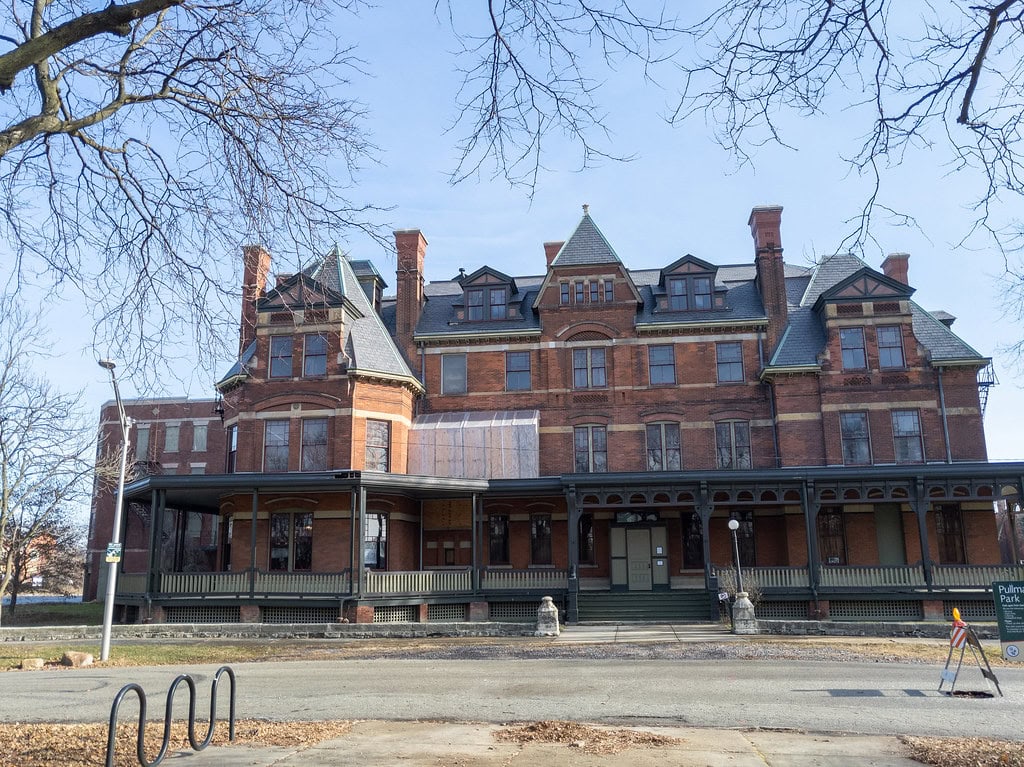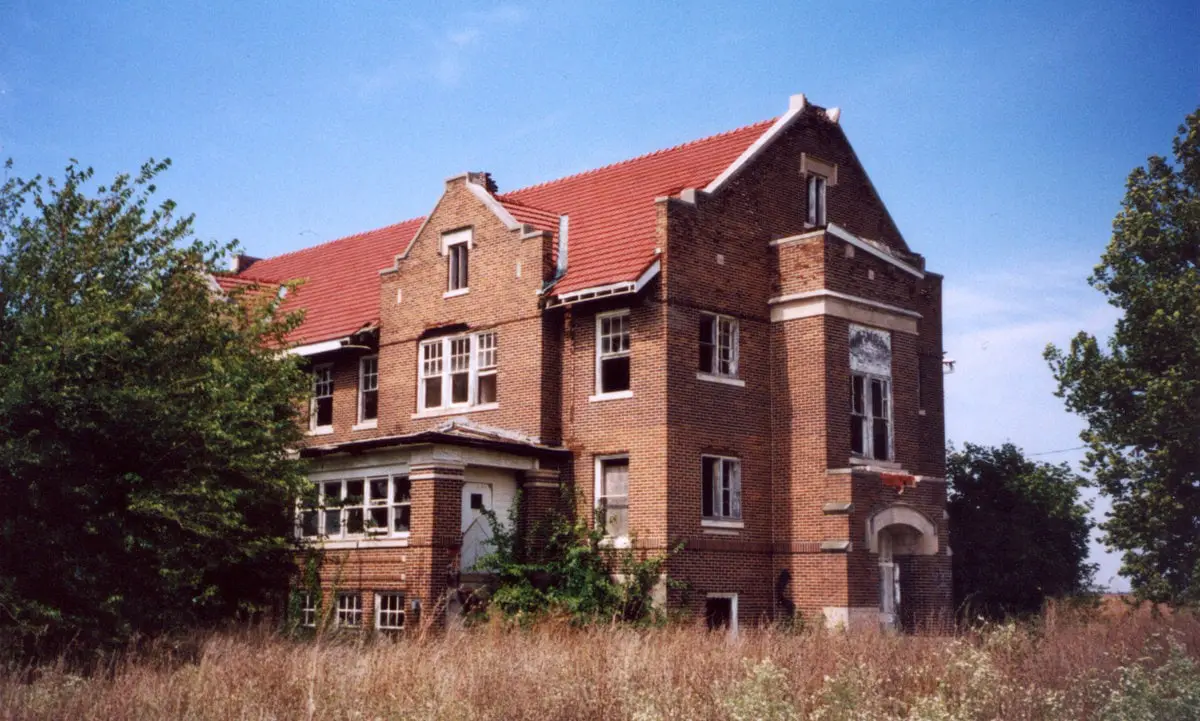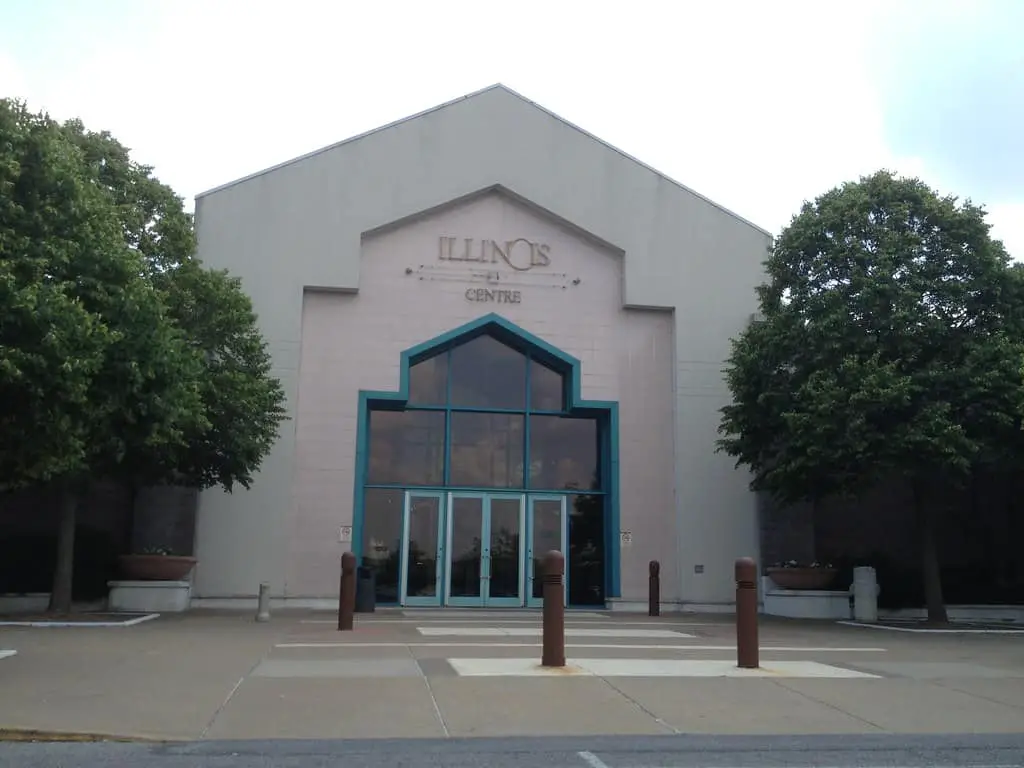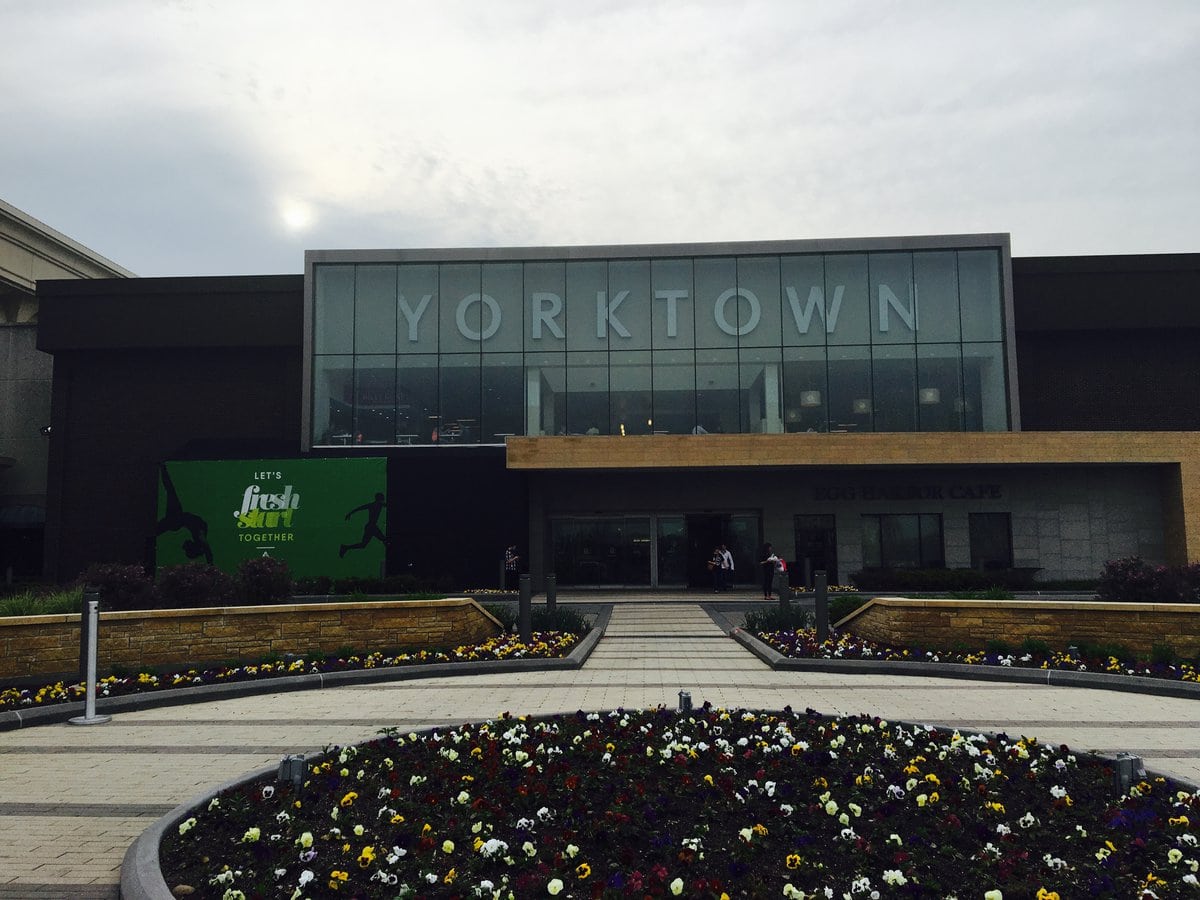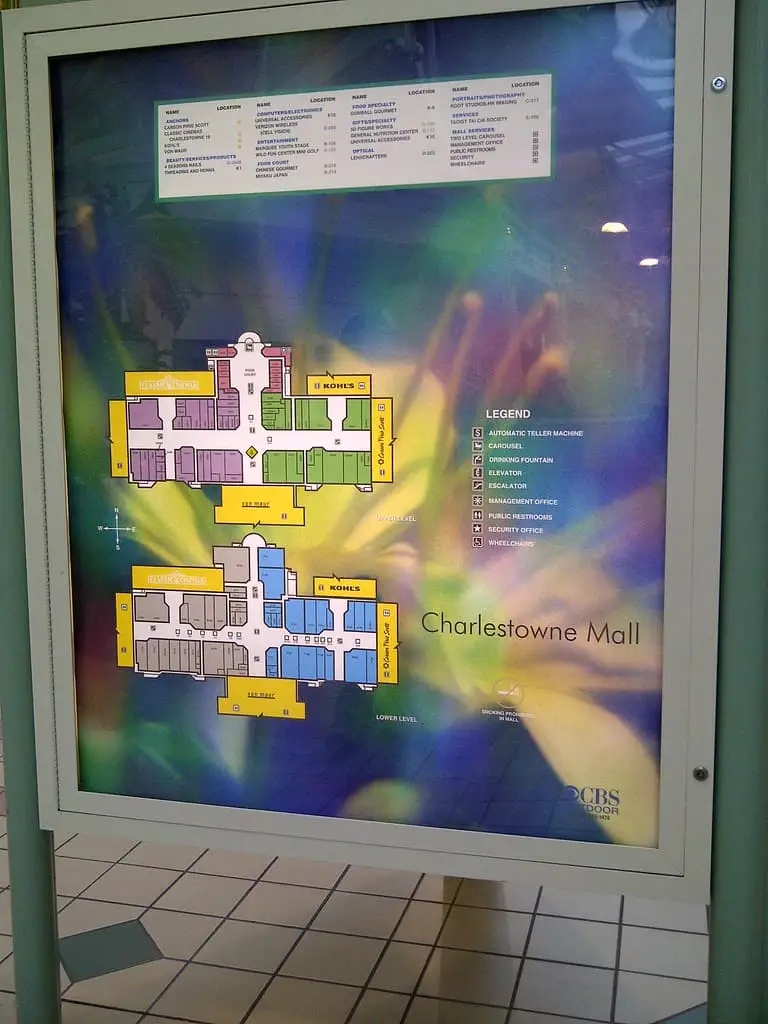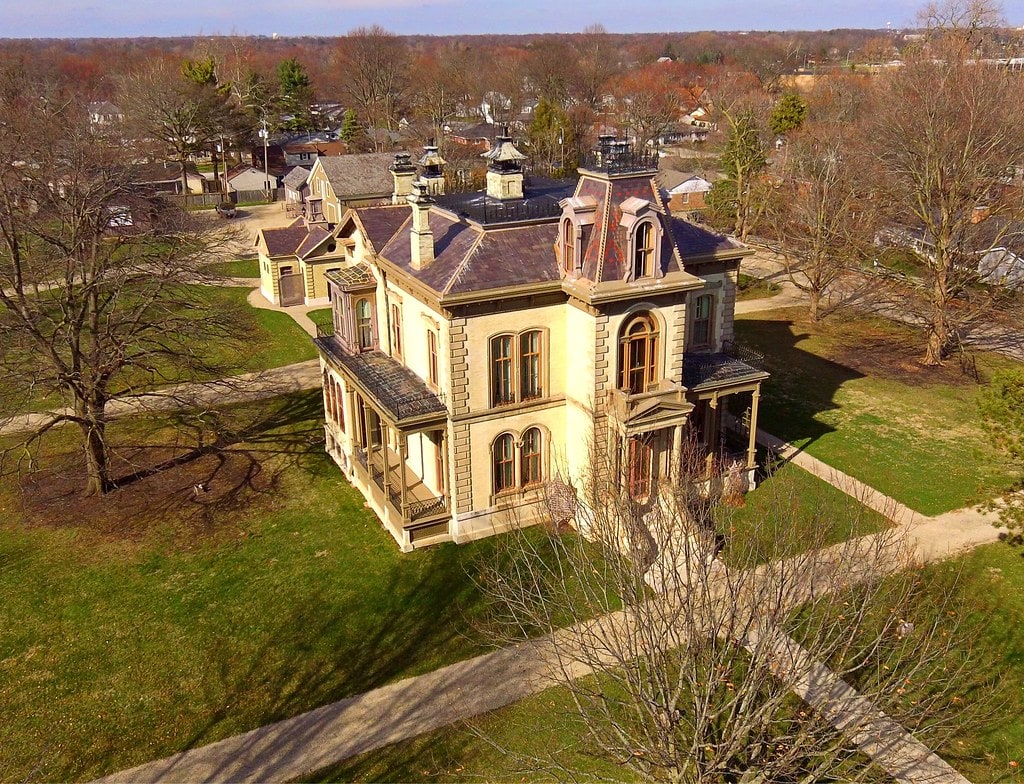The Building That Refused to Be Forgotten
You could drive past Ashmore Estates without blinking twice – a brick shell with boarded windows and a past too long for one sign to explain. But the walls were never just walls, and the ground underneath carried more than weight.
Since 1916, people have tried to shut its story down with paperwork, padlocks, or plywood, and every time, the story found a way out. It was built as part of Coles County’s poor farm operation, turned into a psychiatric hospital, shut down, opened again, closed for good, and then dragged into the age of ghost tours and travel shows.
One structure on a quiet patch of land near Ashmore, Illinois, became something no one planned – a record, a warning, a question. It’s one of many things to do in Southern Illinois, if you want to stare the past in the face.
The County’s Hidden World
By the time the brick structure opened in 1916, Coles County had already been burying its poor for decades.
The land it sat on, once purchased from A. N. Graham in 1870, had seen over 250 people pass through its earlier timber and brick facility.
Superintendent Joshua Ricketts recorded 32 deaths there between 1870 and 1879. Two cemeteries held the bodies. One lay north of the property. The other, south of Route 16, was added later and is believed to contain between 60 and 100 graves.
Life inside wasn’t easily measured. People came through because they had nowhere else to go. Some were old, others mentally ill, and some just broke at the wrong time.
There was no plumbing. No formal heating system. Fresh air came from cracked windows, not ducts.
The county called it a poor farm, but the residents raised food, butchered livestock, and made butter. They worked if they could.
In 1902, a state report mentioned the absence of fire protection and said, “None are locked up or in restraint.” That wasn’t praise.
It meant that the people considered unstable walked the same halls, ate the same food, and slept under the same roof as everyone else.
Built From Fire and Failure
By 1911, state inspectors were running out of patience. They found “vermin-infected walls,” “rough floors,” and food crawling with flies at the Coles County almshouse.
There was no fire protection. The mentally ill weren’t restrained – they weren’t even separated.
Some slept on makeshift bedding in common areas. Others wandered without supervision. The county had reached its limit, but it took four more years before officials acted.
In January 1915, a committee led by John Goodyear and William Knollenberg gathered bids for a new facility. The first contractor, S.C. Sailor, backed out by February.
J.W. Montgomery took over in March, securing a contract for $20,389. Architect L.F.W. Stuebe designed a Neo-Georgian structure intended to be fireproof and more sanitary.
The cornerstone was laid on May 17, 1916. By September 1, construction wrapped up.
The new building didn’t just rise from policy – it came from pressure. Complaints from oversight boards stacked up over a decade. What opened in late 1916 wasn’t grand.
It was functional. A brick signal that the county had bowed to scrutiny. But it still sat on the same land, and the same people kept coming through its doors.
The structure changed. The purpose didn’t. The facility operated until 1959.
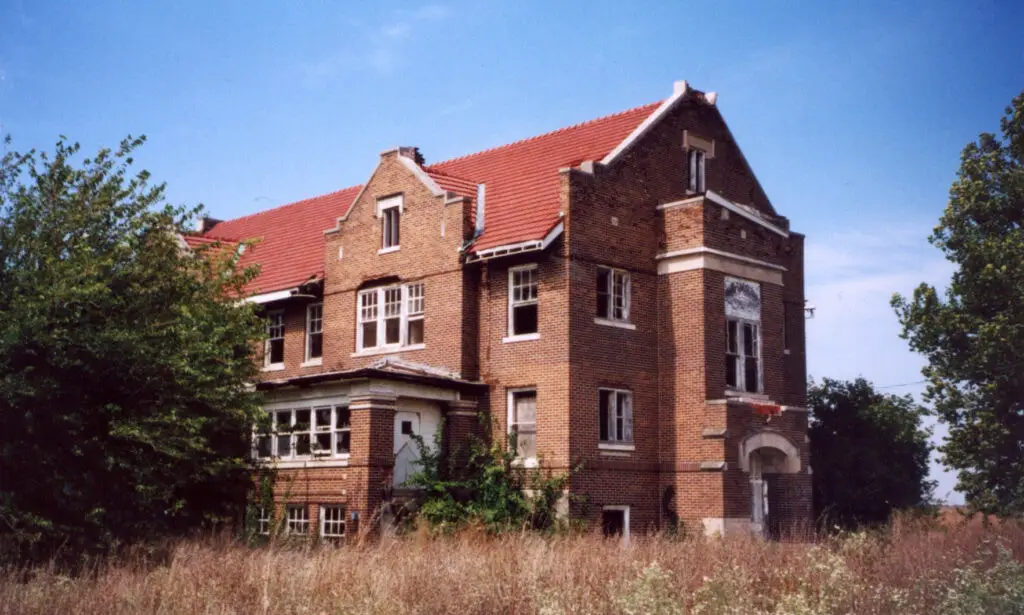
From Almshouse to Ashmore Estates, Inc.
Coles County sold the building and nearby land in February 1959 to Ashmore Estates, Inc. What followed wasn’t a reinvention, just another name, and purpose pinned to the same structure.
The company opened a private psychiatric hospital inside the old almshouse, using the original 1916 building. It lasted five years. By October 1964, the facility had shut down because of mounting debt.
In 1965, Ashmore Estates reopened, but the business model had changed. Instead of private care, it began taking in residents from state-run mental institutions.
Illinois was starting to reduce the size of its large asylums, and this rural site became part of that shift.
The building wasn’t expanded. Instead, the new use relied on what was already there.
By 1968, it housed 49 residents. Ten of them had epilepsy. The rest came from a variety of institutional backgrounds.
No large advertising campaign or official rebranding ever changed how the building operated. It was still remote, still institutional, and still shaped by older designs.
But now it was officially a shelter care facility, a kind of middle step between hospital and home, running on public referrals instead of private payments.
It stayed open that way until 1976.
A Facility with No Future
In July 1976, Ashmore Estates changed hands again. This time, Paul Swinford and Galen Martinie signed the papers. Their plan was ambitious: replace the aging multi-story structure with a new, single-floor residence to hold up to 100 patients.
The state didn’t go for it. Illinois’ health planning committee declined to approve the expansion, citing procedural barriers. So, the two shifted course and poured more than $200,000 into upgrading the original building.
Construction on a new addition began in 1977. It didn’t wrap up until sometime in the early 1980s.
The upgrades were supposed to modernize the operation, improve systems, and extend its use. On paper, the building had evolved. Functionally, it was still a dated facility wearing new walls.
In December 1981, the in-house newsletter, The Ashmore Review, announced a new director and hinted at training programs for developmentally disabled residents.
Then, in February 1986, Swinford entered a limited partnership with Convalescent Management Associates, Inc., a firm based in Peoria.
That move came too late. Licensing delays by Public Aid and Public Health lasted nearly a year, and revenue dried up. By April 1986, the place had racked up more than $1.5 million in losses. The final residents were relocated. The doors were shut.
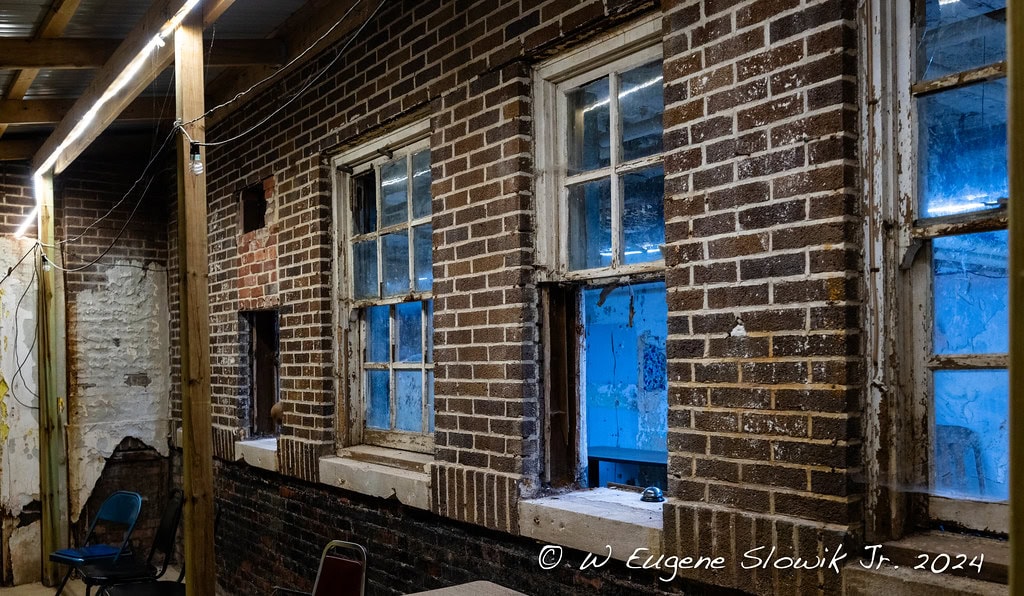
Legal Barriers and Local Resistance
Nobody touched the place for three years. Then, in 1990, Swinford tried again. This time, he teamed up with Corrections Corporation of America to rebrand Ashmore Estates as a mental health facility for juvenile offenders in the court system.
The idea didn’t last long. On December 18, the Ashmore Village Board denied the zoning permit. Their concerns weren’t vague. The building’s fire safety didn’t meet standards, and public pushback was loud.
The site sat mostly untouched after that. On Halloween night in 1995, a fire destroyed a smaller structure across from the main entrance.
That building had once served as housing for vocational training. At the time of the blaze, it had already been out of use for nearly a decade.
Three years later, in 1998, Arthur Colclasure bought the property for $12,500. His goal was personal. He wanted to convert the site into a private home.
But the building couldn’t keep vandals out. Damage piled up faster than repairs could be made. Windows were shattered.
Entry points were pried open. Whatever money Colclasure had set aside for restoration didn’t last. The plan was dropped, and the site was left to deteriorate again.
The Haunted Enterprise
By 2006, Ashmore Estates had slipped into the kind of decay that attracts flashlights and fences. Scott Kelley and his wife bought it from Arthur Colclasure in August of that year.
The sale price was never the story. What mattered was the labor. Kelley spent seven weeks cleaning, 40 hours each week, before anything could move forward.
Broken windows, scattered debris, trashed rooms – the place wasn’t ready for anything until it was cleared out, room by room.
They turned it into a haunted house. It opened to the public on October 13, 2006. Flashlight tours came first, followed by overnight stays marketed as “Night of Insanity.” Paranormal curiosity turned into weekend traffic.
Speakers, psychics, and themed events filled out the calendar.
The new owners put up warning signs and moved onto the property themselves. Trespassers had been a problem before. Now, Kelley wanted to manage interest instead of chasing it away.
Ashmore Estates shifted from abandonment to an attraction. It wasn’t a museum, and it wasn’t fully renovated, but it gave people something to do with their curiosity.
Ghost stories brought people in where zoning permits never could.
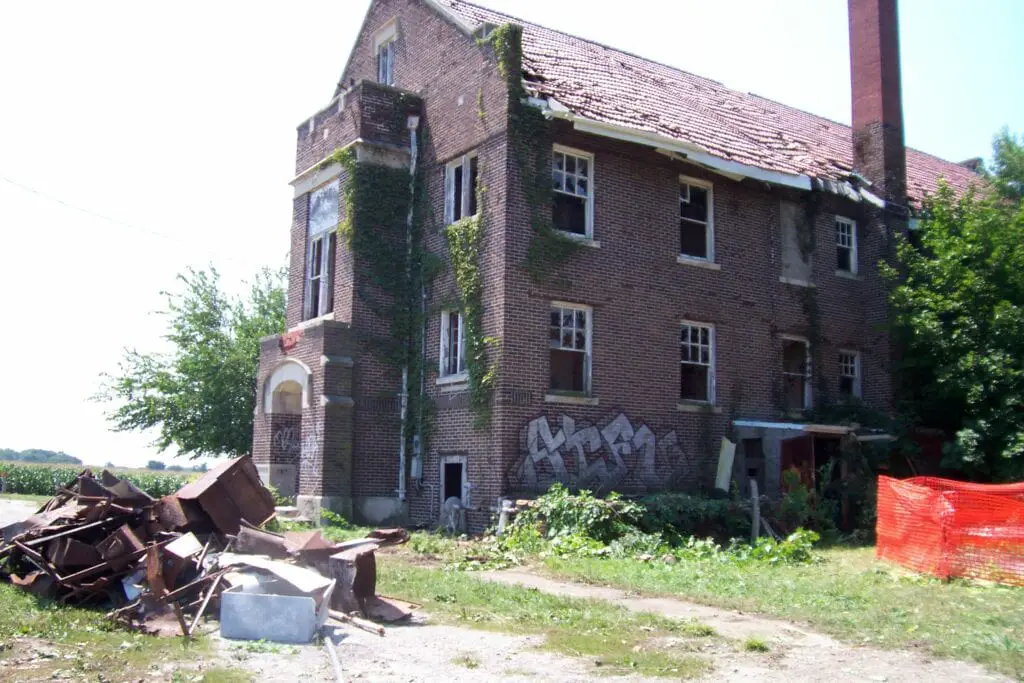
Wind Damage, Repairs, and Paranormal Preservation
January 2013 tore off the roof. Wind speeds reached 80 to 100 miles per hour during that storm. Support gables are cracked.
Debris spread out across the property. Coles County’s emergency director said plainly that the building looked damaged beyond repair.
For a moment, it looked like Ashmore Estates was finished again.
In April 2013, the Kelleys auctioned it off. Robert Burton and Ella Richards bought the place for $12,700. They didn’t hold it long.
By May 2014, they had sold it to Robbin and Norma Terry, who owned the R Theater in Auburn, Illinois. The price wasn’t disclosed.
What was clear was their intent. They put the roof back on. They added bathrooms, a shower, and a kitchenette. The building got cleaned again, and this time, it was for structural preservation.
They brought in volunteers and opened it for a paranormal investigation. Ashmore Estates was framed as a historic structure, left standing against long odds.
By late 2014, it had returned to a kind of middle state – accessible but unfinished, private but rented, forgotten by the system but never entirely removed from use.
🌿

